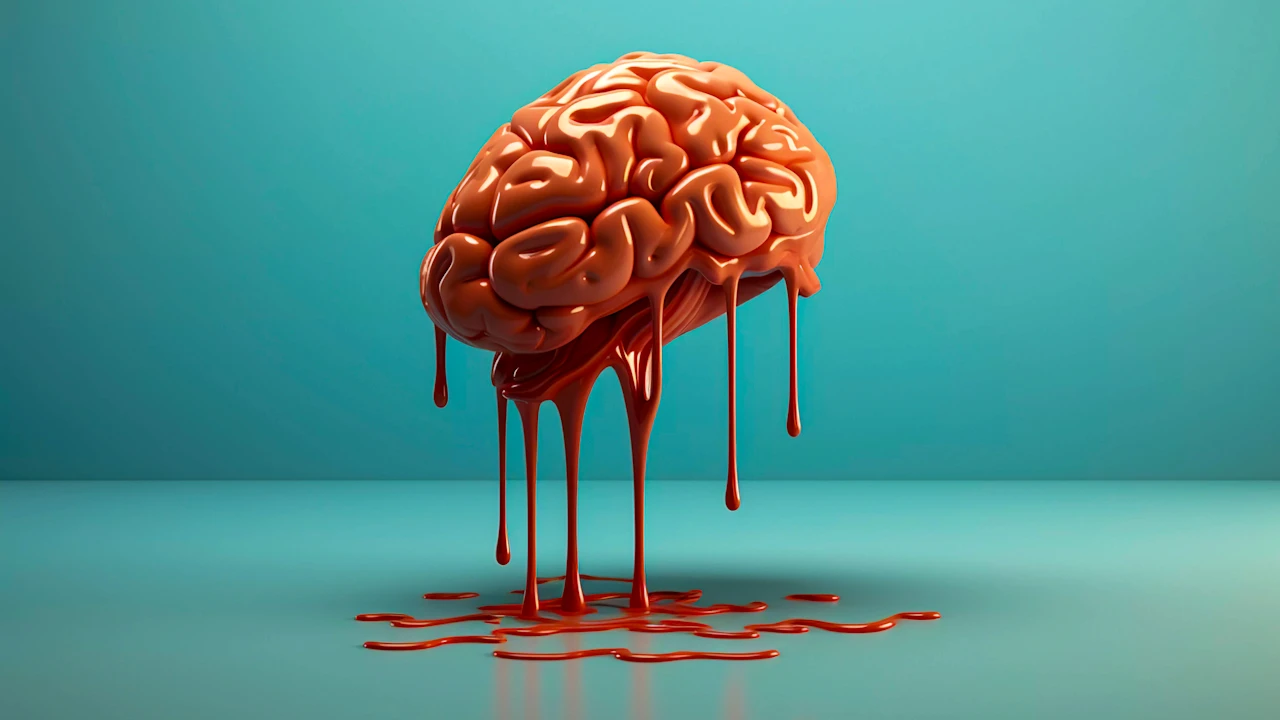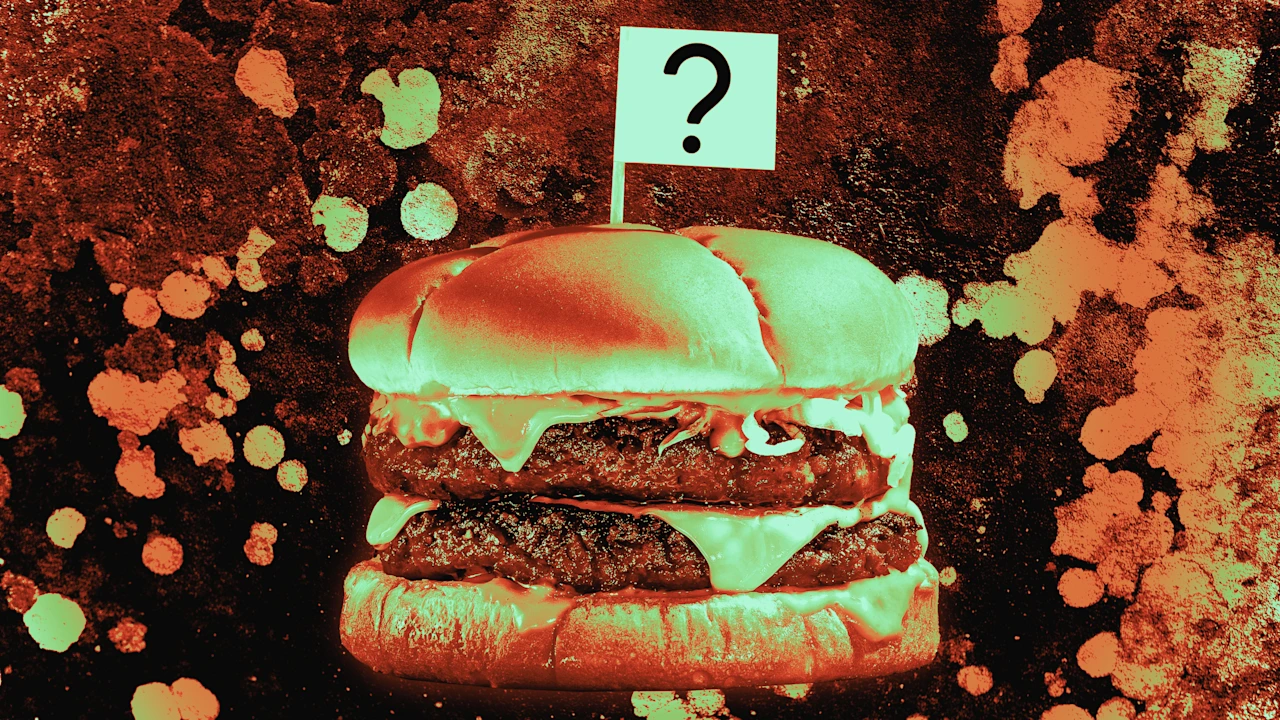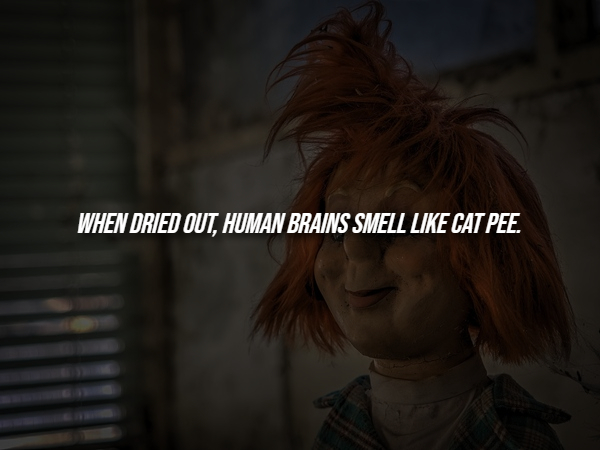From ‘AI washing’ to ‘sloppers,’ 5 AI slang terms you need to know

While Sam Altman, Elon Musk, and other AI industry leaders can’t stop singing the praises of the technology, a growing number of average Americans are forming a different opinion.
According to YouGov data from July, Americans are increasingly likely to believe that AI will be bad for humans. Specifically, 43% of Americans say they fear AI will end the human race (up 6% since March), and 47% believe that AI will have a net adverse effect on society (up 7% since March).
With this rise in AI pessimism, there has been a surge in new slurs and slang terms that capture the negative connotations people increasingly associate with AI—and the individuals who use it. Here’s a guide to the five terms you need to know: “AI washing,” “clanker,” “Groksucker,” “slop,” and “slopper.”
AI washing
No, AI hasn’t suddenly found a way to do your laundry while you do art. If you hear someone talking about “AI washing,” they are referring to a deceptive marketing practice where companies exaggerate the role AI plays in their product or service.
This deceptive marketing practice gets its name from “green washing,” where a company falsely or misleadingly touts its environmentally friendly policies. Any company can be guilty of AI washing if it misstates the role AI plays in its products. Companies in industries that are more prone to doing this are those in the technology and finance sectors, which is why the Securities and Exchange Commission (SEC) has publicly warned against the practice.
“AI washing, whether it’s by financial intermediaries such as investment advisers and broker dealers, or by companies raising money from the public, that AI washing may violate the securities laws,” former chairman of the SEC Gary Gensler warned in 2024. The current Trump administration also seems to be cracking down on AI washing as well, according to Holland & Knight’s SECond Opinions Blog.
If someone is said to be an “AI washer,” it means they are being accused of offering a product that doesn’t rely on AI as much as they say it does.
Clanker
This is the newest AI slur on this list, and its use has exploded in recent months. As Fast Company previously reported, “clanker” is a derogatory term for robots. The term comes from the fictional Star Wars universe, where droids are often treated as second-class citizens at best.
But increasingly, the term is being adopted not just to describe our real-world AI-powered robots, but AI systems that threaten our jobs or remove human connections from our lives. One system often referred to as a “clanker” is the AI chatbot that people are now forced to talk to when they call a customer support line. “I called my bank to ask about my balance, but had to talk to a clanker instead of a human.”
Groksucker
While “clanker” is a slur aimed at bots and AI systems, several slurs have arisen to define humans who are overly engaged with certain AI systems, particularly generative AI chatbots. Perhaps the most visceral one in this category is “Groksucker” (you can figure out for yourself what other word the term mimics).
The term gets its name from Elon Musk’s xAI chatbot Grok. And Grok itself says the term describes “people who frequently interact with me, Grok, in a way some find repetitive or annoying,” adding that the term is tied “to concerns about AI overuse or privacy on X.”
While “Groksucker” is generally limited to describing a subsection of Grok users, another term exists for those who are overreliant on the most popular chatbot, ChatGPT. But more on that below.
Slop
If there is one term that has become synonymous with AI-generated content, it is “slop.”
Slop refers to low-quality, high-output content generated by AI tools that are increasingly overrunning our feeds. Slop is Shrimp Jesus proliferating on Facebook and Instagram. Slop is YouTube videos with completely AI-generated scripts, images, and thumbnails that crowd out high-quality human-made creators. Slop is articles written by a machine instead of a person. And slop is what is causing the dead internet theory to transition from fringe conspiracy to prophetic foresight.
Slop is everywhere now, and it’s only going to get worse.
Sloppers
This list wouldn’t be complete without including a slang term that has recently been adopted to describe people who are overreliant on the world’s most popular AI chatbot, ChatGPT. That word is “sloppers.”
The slur gained popularity after a TikTok posted by user intrnetbf went viral last month. In the video, the user said his friend came up with the term “sloppers” to describe “people who are using ChatGPT to do everything for them.”
If someone is a “slopper,” it means that they have offloaded most of their cognitive processes to ChatGPT. This cognitive offloading involves asking ChatGPT for guidance on various tasks a person should be mentally well-equipped to handle on their own, such as planning what to do for the evening, how to respond to a text message from a family member, or whether to make a significant life change, like quitting a job.
Technological slurs can change how the public viewds a product
While many reading this may find some of the above AI slang humorous (and even fitting), the fact that these terms are entering the public lexicon is likely to alarm some companies operating in the AI space.
When the public adopts new derogatory names for products, technologies, and the people who use them, it usually signals that popular perception isn’t heading in a positive direction. This can trigger a snowball effect, where people en masse reject the technology. The “glasshole” backlash against Google Glass is a well-known example of this.
Artificial intelligence is, of course, a much larger and more transformative force than Google Glass—and it’s unlikely to disappear despite the increasing slurs directed at it. However, this emerging slang does indicate—as YouGov’s polling also shows—that the public is increasingly wary of the technology, and isn’t afraid to voice it.
What's Your Reaction?
 Like
0
Like
0
 Dislike
0
Dislike
0
 Love
0
Love
0
 Funny
0
Funny
0
 Angry
0
Angry
0
 Sad
0
Sad
0
 Wow
0
Wow
0
































































![Kansas City Chiefs Have Taylor Swift, Here Is Every NFL Team’s Celebrity Muse [Part 2]](https://thechive.com/wp-content/uploads/2025/08/lead_9a6ac8.jpg?attachment_cache_bust=5072985&quality=85&strip=info#)





























